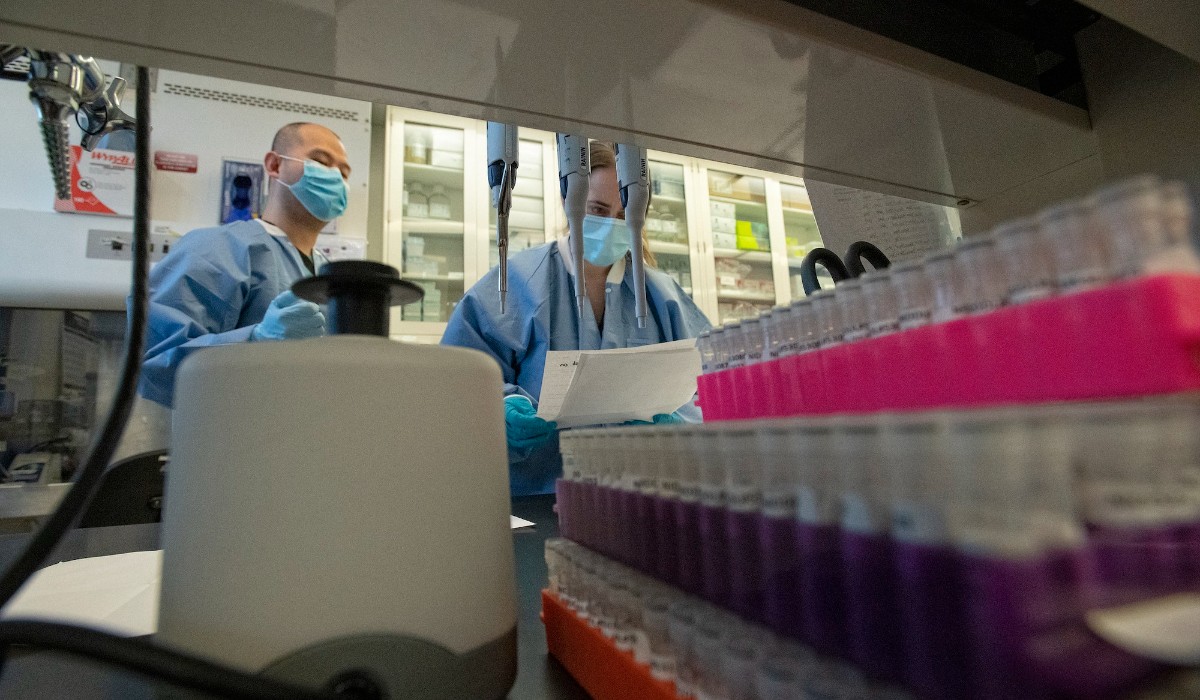ARTICLE SUMMARY:
FDA issued its latest proposal to actively oversee laboratory developed tests last month. It is either a helpful move to level the regulatory playing field for diagnostics or a potentially illegal power grab, depending on your perspective. But many stakeholders hope the action will trigger Congress to reengage and settle the LDT issue once and for all by comprehensively reforming diagnostics regulation.
FDA repositioned itself back into the center of the long-running laboratory-developed test (LDT) debate last month with the publication of a highly anticipated proposed rule. Depending on your vantage point, the proposal to actively regulate LDTs may either be a move in the direction of regulatory fairness or an unwarranted and potentially illegal power grab.
Clinical laboratories and diagnostics companies that have set up their businesses based on clinical lab operations are the only ones directly implicated by the proposed rule, and they are already starting to come out in force opposing the plan and questioning FDA’s fundamental authority to issue regulations. Meanwhile, IVD test kit makers see the proposal generally as a positive move to establish the long-sought goal of a more level regulatory playing field between tests made at manufacturing plants and those developed in laboratories. But IVD manufacturers are even more interested in the latest FDA proposal for its potential to reinvigorate legislative efforts to completely revamp FDA diagnostics regulations via the VALID Act. “What we really want to see is VALID,” an IVD industry advocate told Market Pathways.

